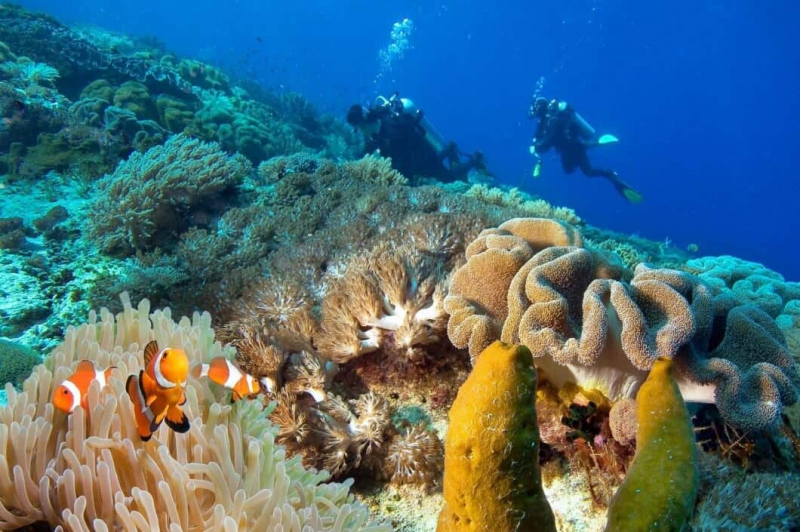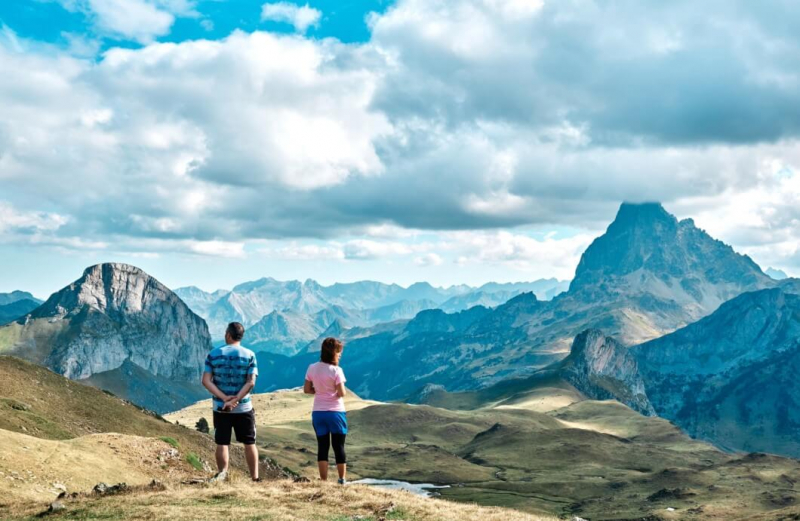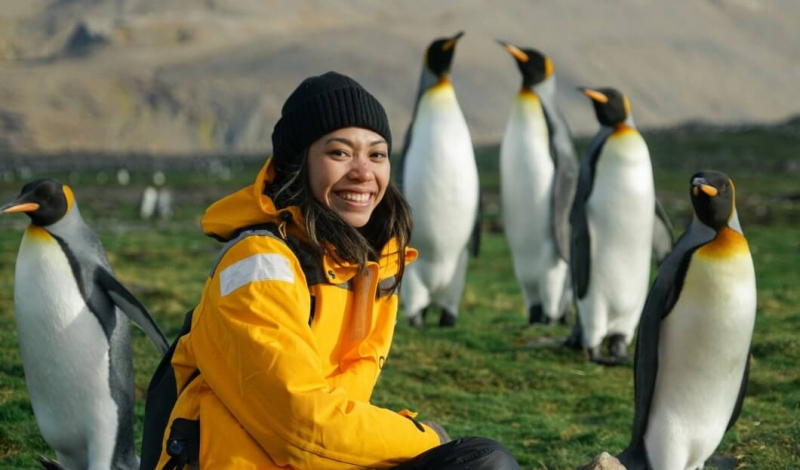In a world where glaciers crumble and coral reefs vanish, a somber trend emerges: “last-chance tourism.” Drawn by an urgent desire to witness nature’s imperiled wonders, travelers are flocking to places like Antarctica’s ice shelves and the fading Great Barrier Reef. Paradoxically, the act of visiting these treasures accelerates their destruction, highlighting a cruel irony.
Indeed, a crucial study highlights tourism’s central role in fueling the crisis it capitalizes on. The sector is said to generate 8.8% of global greenhouse gas emissions, a significant portion from transport—planes, cars, and boats. As destinations struggle with increasing extreme weather, soaring insurance costs, depleting water resources, and biodiversity loss, last-chance tourism expands, offering “once-in-a-lifetime” encounters tinged with awe and a sense of foreboding.
The Appeal of What’s Disappearing
Last-chance tourism, defined as travel driven by fear of irreversible loss, taps into a deep human longing for something real in the face of potential ecological disaster. Phrases like “See the Great Barrier Reef before it’s gone” or “Hike the Mer de Glace before it melts away” are common on social media and tour operators’ websites, beckoning environmentally conscious adventurers who are willing to pay premium prices for a potent emotional experience. Iceland, having seen tourism quadruple since the early 2010s, attracts visitors drawn to fleeting ice caves and geothermal pools, mesmerized by landscapes on the verge of change.
Travelers pursuing this type of tourism are frequently attracted to the Pacific islands, Greenland, and, perhaps most notably, Antarctica. For instance, the White Continent saw nearly 118,000 tourists in the 2024-2025 season, a surge due to expedition cruises that advertise penguin kayaking and helicopter ski tours—experiences costing from €10,000 to €50,000. Yet, this influx comes at a cost. Heavy metals, such as nickel, copper, lead, zinc, and chromium, have been detected by researchers in high-traffic zones at levels ten times higher than forty years prior, stemming from fossil-fueled transport. These pollutants darken ice, lowering reflectivity and accelerating melt, and its been said that a single tourist trip to Antarctica could hasten the thaw of 100 tons of snow.

The Great Barrier Reef faces similar challenges. A severe coral bleaching event—unmatched in scale—affected over 84% of global reefs between 2023 and 2025, leaving what some have termed “graveyards of dead corals.” Despite the damage, motorboats continue to transport people to snorkel among the remains, though each excursion worsens the conditions that kill the coral.
Even Europe’s alpine areas suffer. According to France’s CNRS, the Alps and Pyrenees have lost approximately 40% of their glacier mass in less than 25 years. Chamonix’s Mer de Glace, the largest glacier in France, has retreated more than two kilometers in the last century, exposing delicate, emerging ecosystems. Glaciologist Jean-Baptiste Bosson has stressed the need to protect these areas for study and preservation. Cogwheel trains and new gondolas are used to bring even more visitors to the glacier’s edge, supposedly to raise awareness of climate issues—however, this comes at an obvious cost to the vulnerable land.
Click here to preview your posts with PRO themes ››
The Ethical Dilemma
Last-chance tourism presents a clear paradox: those who seek out vanishing natural wonders inadvertently hasten their demise. Plane travel creates significant carbon emissions, while foot traffic degrades soil, erodes trails, and generates waste. Furthermore, boats damage seabeds, noise affects wildlife, and visitors accidentally transport invasive species or pathogens to fragile environments. Overcrowding places excessive strain on destinations, transforming sanctuaries into environmental burdens.
Also, this trend illustrates a clear example of inequity. High-end trips are available to wealthy individuals—whose per capita carbon emissions far exceed global norms—while the impacts, ranging from atoll flooding to barren ski slopes, are disproportionately felt by those in poor communities.
Though, there are those who argue that tourism promotes empathy. Some recent studies seem to suggest that… Experiencing fragility directly, some suggest, can ignite an ecological awakening, turning tourist emotion into action through advocacy or changed habits—particularly with informed guides. However, evidence presents a more nuanced picture: relatively few tourists fundamentally change their behavior after the trip, leaving “awareness” as more of an abstract comfort than a tangible shift.

Cultivating Conscious Exploration
Does the specter of impending loss always need to be present to prompt real change? The rise of last-chance tourism illuminates humanity’s complex relationship with the natural world: we’re captivated by its grandeur, yet seemingly dependent on its exploitation. This raises a key question: How can we appreciate without causing further harm?
The answer might reside in reimagining our approach to travel. “Slow travel”—utilizing methods like trains, bicycles, or hiking—can reveal local treasures while minimizing environmental impact, requiring effort that, in turn, enhances appreciation. Consider rediscovering readily accessible local environments, like nearby forests or shorelines, where natural beauty remains relatively untouched. In some cases, the most profound act of preservation may lie in collective restraint, safeguarding wonders through a conscious decision not to intrude.
Ultimately, as ice melts and coral fades, last-chance tourism functions as both a lure and a sign of the times. It challenges us not simply to witness decline but to actively create paths that ensure irreplaceable things are not lost forever, relearning respect for a world deserving of preservation, one deliberate step at a time.


